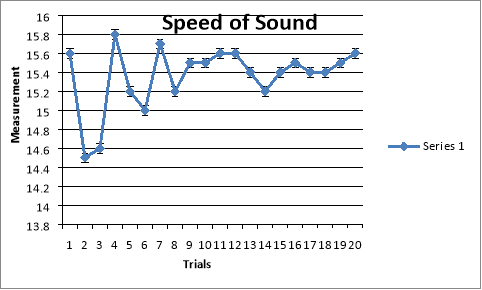

Is it solid, liquid, gas, or vacuum? Speed of Sound in Solidsīecause solids are incompressible, the speed of sound in solids is always higher than the speed of sound in gasses. What Other Factors Affect the Speed of SoundĪ few different factors can affect sound speed, such as the medium in which sound travels. But for science, all of these figures are very important. Many factors contribute to the speed of sound, and to a person, these differences will matter little in day-to-day life. The speed of sound in humid air is 0.35% faster than in dry air. However, other factors can affect the speed of sound, such as humidity and pressure. What Is the Difference in the Speed of Sound on a Warm Day Versus on a Cold DayĪs we saw above, the way sound waves travel through air is somewhat affected by the temperature and sea level. This wave then oscillates between the cold air, warm air, and the surface, making it travel further. This is because the sound wave is refracted away from the pockets of warm air and back towards the ground. Sound Travels Further in Cold AirĮven though sound may travel slower in cold air, it can travel further distances. At freezing temperatures, it travels at 740 mph. However, sound will travel fastest in air at higher temperatures such as 212☏ when its speed is 872 mph. So, the scientific measurement of the speed of sound is 767 mph at a temperature of 70☏ at sea level. In warm air, the sound molecules pass through the air molecules faster. It all comes down to the molecular structure of the air and sound. So, how does temperature affect sound waves? Let’s take a look at how fast and how far sound travels. So, why does sound travel faster in warm air? Well, since air molecules at higher temperatures vibrate faster, they allow the sound to move through them quicker. Temperature can affect the speed of sound in a few different ways. How Does Temperature Affect the Speed of Sound Science says that sound travels faster in warmer air. The speed of sound is determined by many factors, such as the density and temperature of the medium. The answer to this question isn’t a simple yes or no. What Other Factors Affect the Speed of Sound.What Is the Difference in the Speed of Sound on a Warm Day Versus on a Cold Day.How Does Temperature Affect the Speed of Sound.


 0 kommentar(er)
0 kommentar(er)
